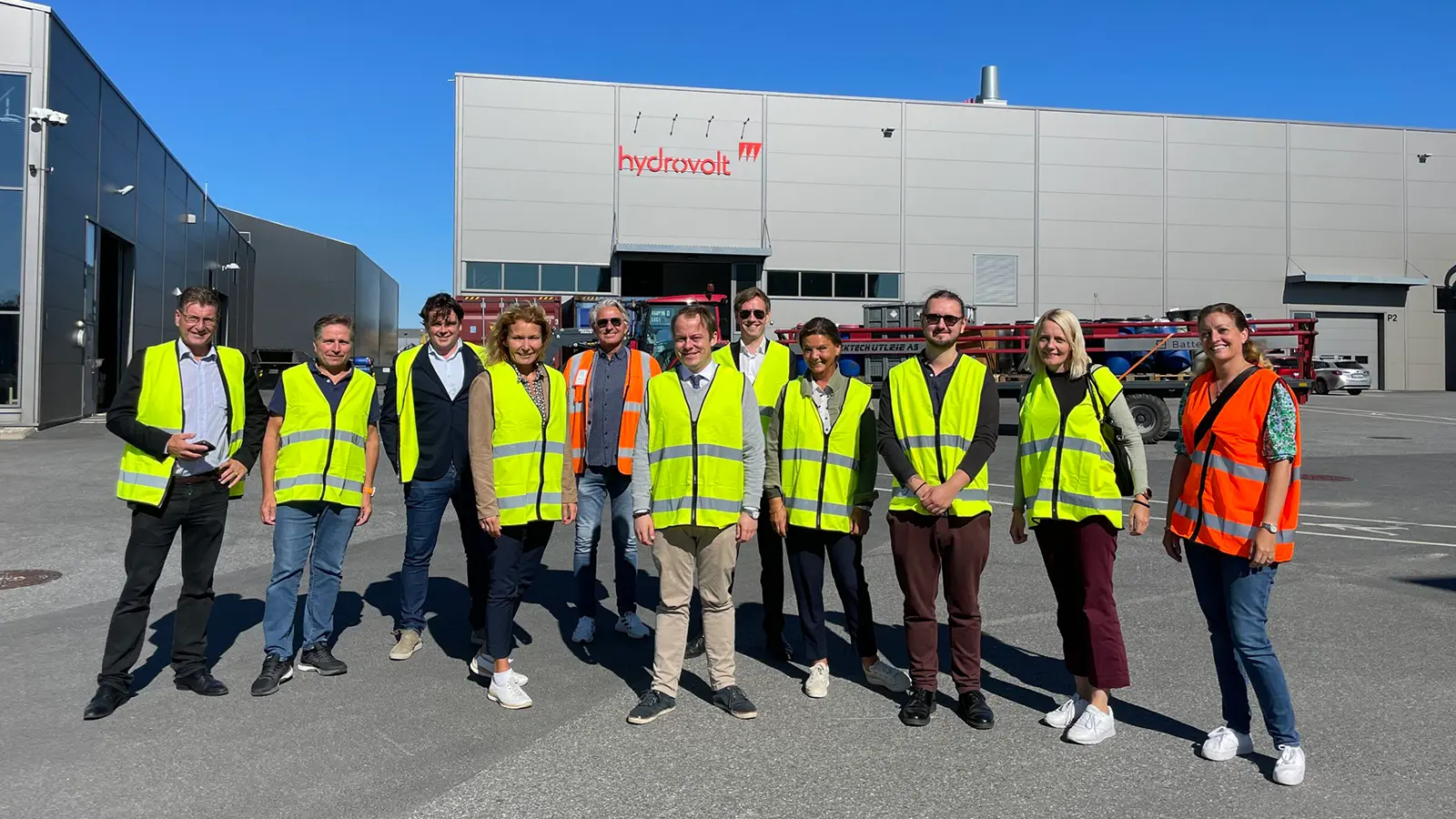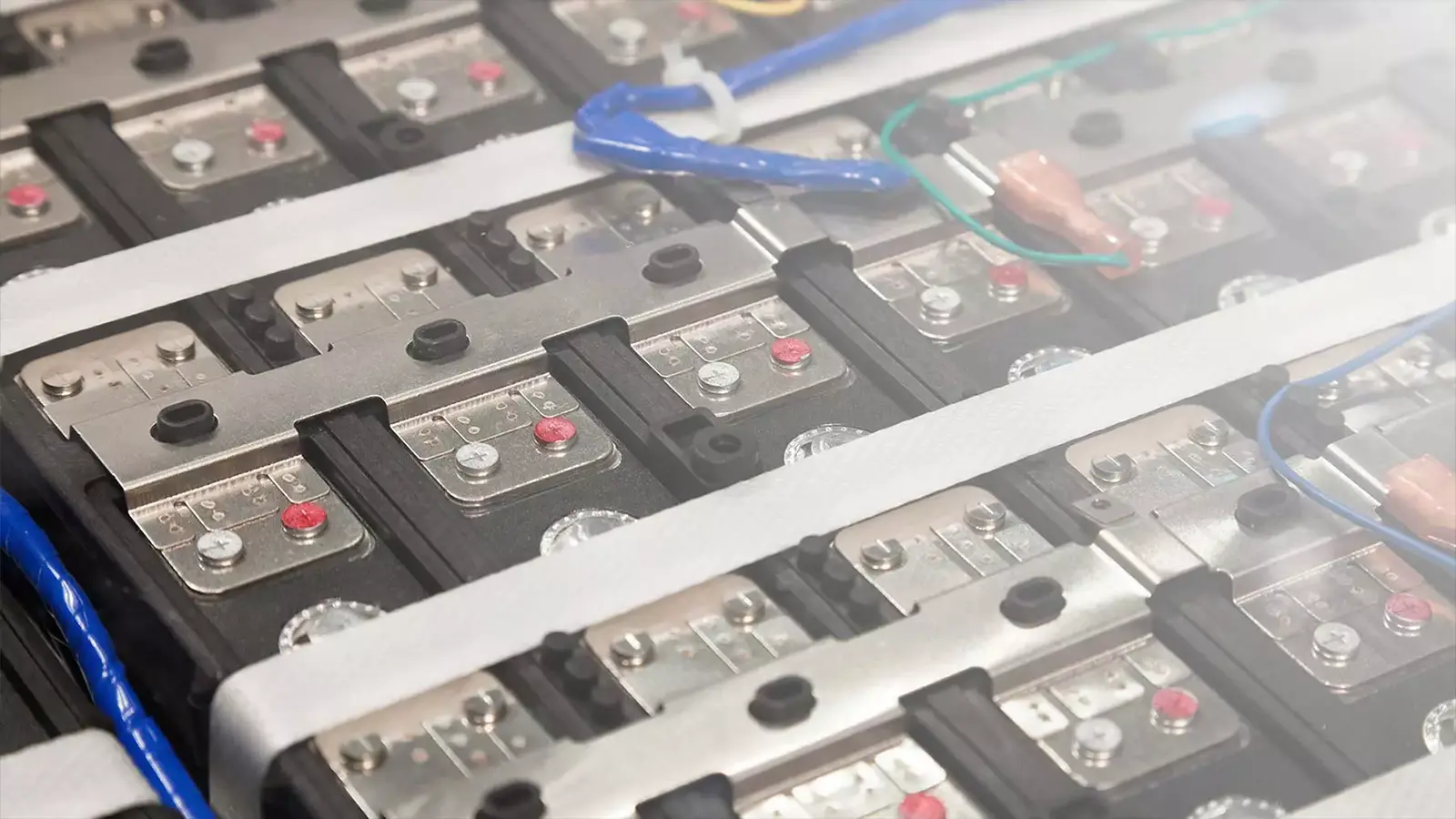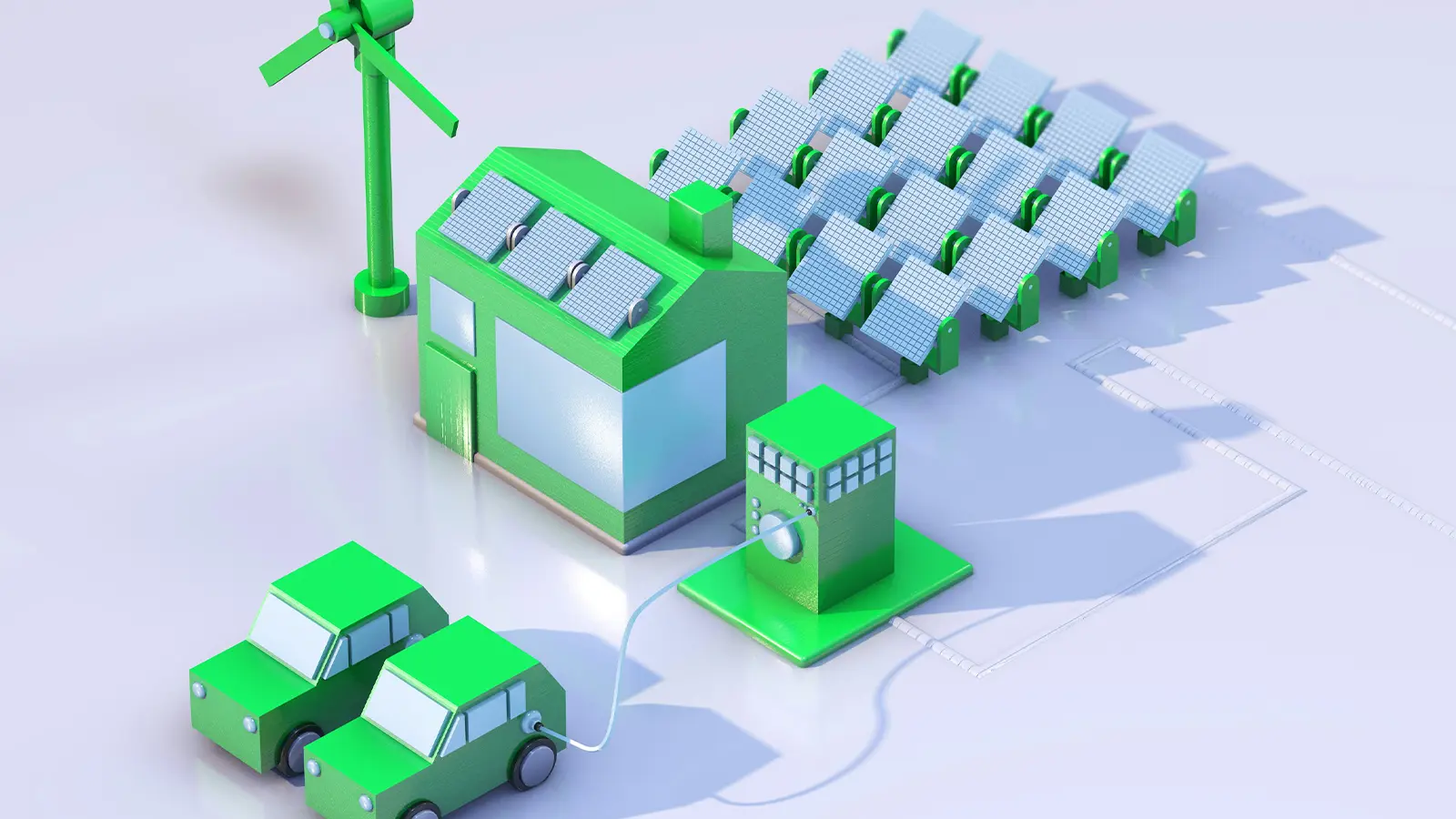Recycling EV Batteries
As electric vehicles (EVs) become more common, so do questions about what happens to their batteries at the end of life. EV batteries contain valuable materials that can be recovered and reused, reducing the need for new mining and supporting a more sustainable future. This guide breaks down how the EV battery recycling process works and why it matters.
Why EV Battery Recycling Is Important
EV batteries are not like everyday household batteries. They are large, complex systems made of modules and cells containing lithium, nickel, cobalt, manganese, copper, and aluminum. These materials are not only valuable but also environmentally sensitive.
Recycling EV batteries:
- Reduces demand for new mining
- Lowers environmental impact and carbon emissions
- Helps build a domestic supply of battery materials
- Prevents hazardous materials from entering landfills
Modern EVs are designed with recyclability in mind, and specialized companies are stepping up to handle battery recovery at scale.
Step-by-Step: The Battery Recycling Process
Battery recycling is more advanced and more sustainable today than it was even a few years ago. Here's how it works.
1. Collection and Disassembly
- Batteries are removed from EVs at the end of their service life or when damaged beyond repair.
- The outer casing is dismantled, and modules are separated.
- Any remaining charge is safely discharged to avoid fire risk.
2. Material Separation
There are two major ways recyclers break down batteries to extract usable components:
Mechanical Processing
- Batteries are shredded into small pieces in a controlled environment.
- Plastic, aluminum, and copper are separated using magnets, filters, and centrifuges.
- What's left is a fine powder called "black mass," which contains lithium, nickel, cobalt, and graphite.
Hydrometallurgical Extraction
- Black mass is dissolved in chemical solutions to isolate metals.
- Valuable materials like lithium, cobalt, and nickel are recovered with high purity.
- This method is energy-efficient and produces fewer emissions than traditional smelting.
Some facilities also use pyrometallurgy, or high-temperature smelting, although it requires more energy and may lose some lithium in the process.
What Can Be Recycled from an EV Battery?
EV batteries are made from a mix of valuable materials, many of which can be recovered and reused through advanced recycling processes.
- Lithium is used in the electrolyte and cathode of the battery. It is now routinely recovered in recycling and can be reused in new batteries.
- Cobalt, a key material in many battery cathodes, is highly valuable and widely recycled.
- Nickel, also found in the cathode, is commonly recovered and reused.
- Copper is used in battery wiring and current collectors. It is easily recyclable and retains its value after recovery.
- Aluminum is used in the battery casing and current collectors. Like copper, it is recyclable and often reused.
- Graphite, which forms the anode in most EV batteries, is more challenging to recover, but new technologies are in development to make its recycling more practical.
- Plastics are used in the battery housing and insulation. While these materials are less commonly reused, some specialized processes are emerging to improve their recovery.
Today’s advanced recycling facilities can recover more than 90 percent of an EV battery’s materials by weight. This not only reduces environmental impact but also supports a more sustainable supply chain for future battery production.

Who Is Leading the Charge?
Several companies are helping scale EV battery recycling across North America.
- Redwood Materials (Nevada): Founded by a former Tesla executive, focuses on closed-loop battery material recovery.
- Li-Cycle (Canada and U.S.): Uses hydrometallurgical processes to recover up to 95 percent of battery materials.
- Ascend Elements (U.S.): Produces battery-grade materials directly from recycled black mass.
- Tesla and GM: Both operate recycling partnerships and internal recovery programs to handle their own battery streams.
Automakers are increasingly building take-back systems into their EV programs, and government policy is supporting infrastructure for recovery and reuse.
What About the Environmental Impact?
Compared to traditional mining, recycling reduces:
- Water usage
- Greenhouse gas emissions
- Energy demand
- Toxic waste
For example, recycling lithium uses up to 90 percent less water than mining it from hard rock or brine.
Plus, building a domestic recycling supply chain reduces the need for overseas mining and shipping, cutting costs and improving battery availability for future EVs.
Challenges to Battery Recycling
While recycling is advancing rapidly, there are still barriers:
- Not all batteries are easy to disassemble
- Collection systems are still growing
- Many batteries have not yet reached end of life
However, by 2030, millions of EVs will begin retiring their first batteries, and recycling infrastructure is expected to scale quickly to meet demand.
Final Thoughts
Recycling is not just an afterthought in the EV world. It is a core part of creating a circular economy that reduces waste and makes EVs more sustainable. With new technology, smart regulation, and automaker support, battery recycling is evolving into a cleaner, more efficient process that benefits everyone.
To see what happens before recycling, check out our article What Happens to EV Batteries After Use? Or explore The Future of EV Batteries to learn about next-gen designs that will be even easier to recycle.
Keep the Momentum Going in Your EV Battery Journey
Exploring EV battery fundamentals:
← Go Back: What Happens to EV Batteries After Use?
Discover Next: Are EV Batteries Bad for the Environment? →












